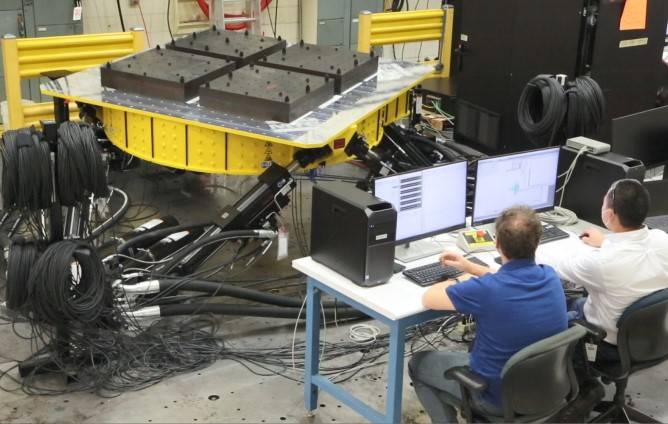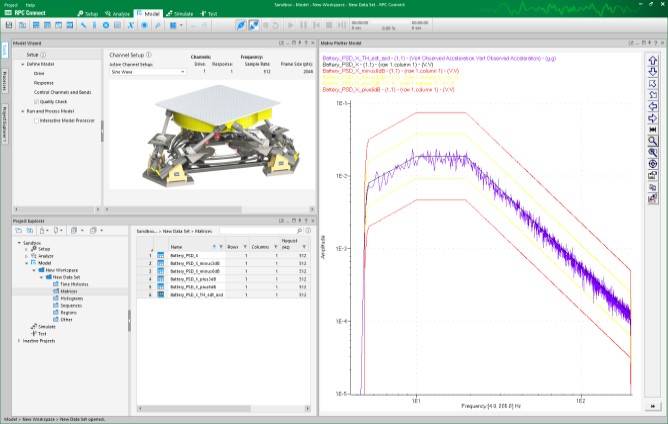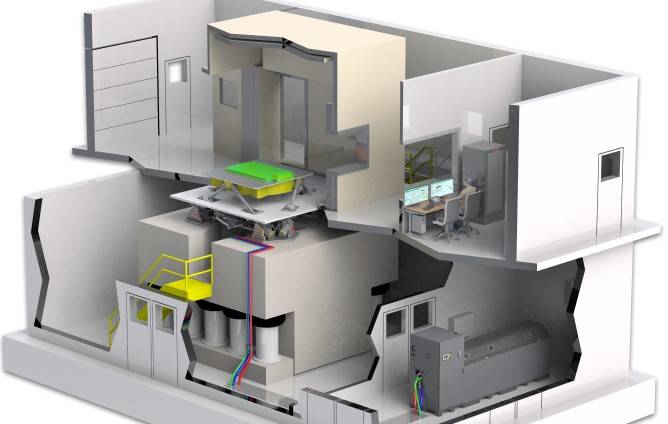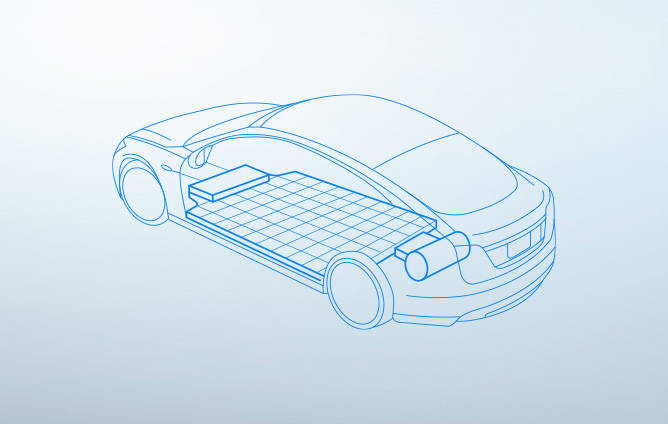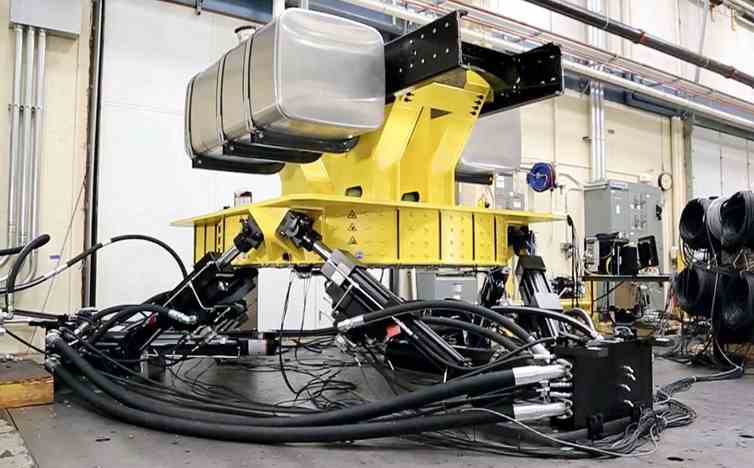The global shift towards zero-emission vehicles is driving an urgent demand for comprehensive battery lifecycle testing. MTS Systems offers an array of high-frequency, multi-axial battery test solutions to support the development of battery electric (BEV) and plug-in hybrid electric (PHEV) vehicles.
Wilbur Kan - System Integration Engineer explores how MTS Multi-Axial Simulation Table (MAST) systems can be used to run high-frequency (up to 200 Hz), six-degree-of-freedom (6DOF) vibration excitation profiles on the heavier payloads (up to 3000 kg) and larger geometries required to support BEV and PHEV battery pack development for both consumer and commercial markets.
A 6DOF MAST system provides a robust hydromechanical foundation for turnkey solutions capable of fully meeting ISO 12405 standard requirements for electric vehicle battery testing.
Enhanced control algorithms drive MTS MAST systems (353.10, 353.20, 353.50, 354.20) to the high frequencies and payloads required for battery testing. Degree-of-Freedom and Three-Variable control enable easy operation and best-in-class performance.
Industry-renowned RPC Connect software is used to achieve the battery testing vibration profiles specified in the ISO 12405 standard. Shown right, a Power Spectral Density (PSD) test covering random gaussian vibrations up to 200 Hz.
A Comprehensive Battery Lifecycle Test Facility, featuring integrated 353.20 MAST system, environmental chamber, battery cycler/management system, specimen monitoring, and subsystem monitoring per ISO 13849 safety standard requirements.
